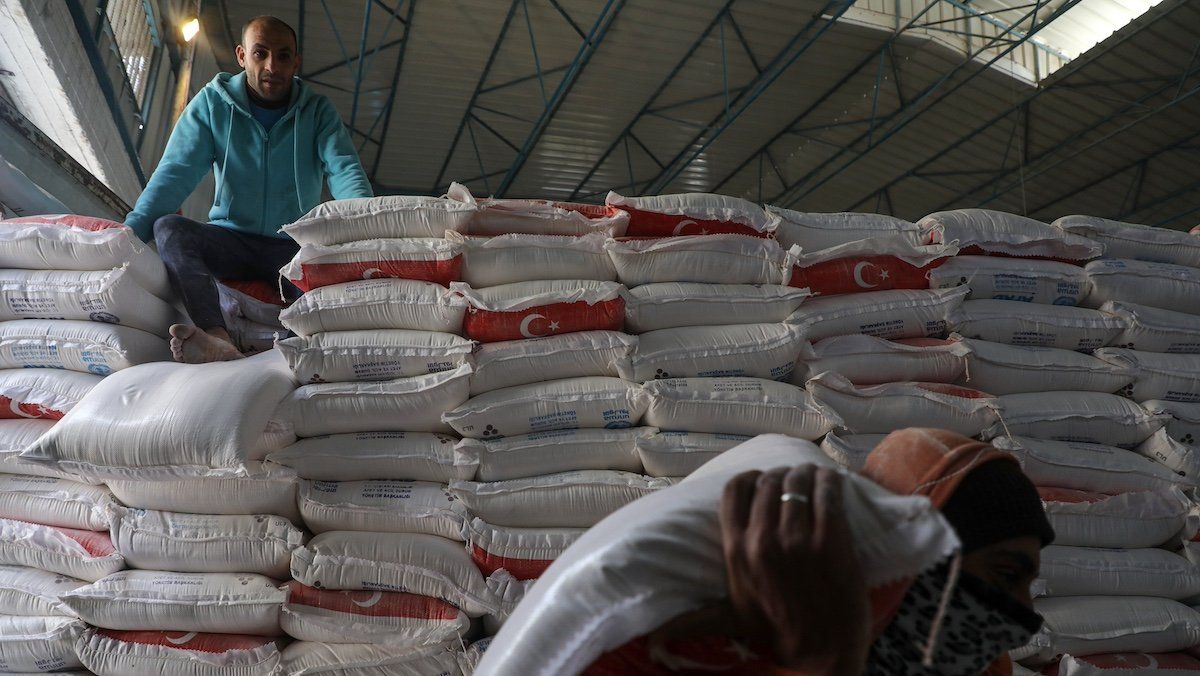Hard Numbers: Alt-aid for Gaza, 2024 economic outlook, Continent-sized drug racket busted, Stolen bear on the loose
30 million: Canada has made a new pledge to send nearly $30 million in aid to Gaza. The move comes after Canada followed the US lead in cutting funding to UNRWA, the UN relief agency, in light of Israeli accusations that members of the organization had participated in the Oct. 7 attacks. According to the last full year of data, in 2022 Canada gave about $24 million to UNRWA. The new batch of Canadian aid will be delivered by other UN agencies such as UNICEF, the UN Population Fund, and the World Health Organization. (What’s UNRWA and why is it controversial? Read our explainer here.)
1.4: The IMF’s latest forecasts see Canada’s economy expanding by 1.4% this year, good for second place in the G7’s league of wealthy democracies. The top spot goes to the US, which is expected to grow 2.1% in 2024. Behind Canada, France is in third place at 1%.
19: The US this week charged 19 people from the US, Canada, and Mexico with running a pan-North American drug trafficking scheme involving as much as $28 million worth of methamphetamines, cocaine, and fentanyl, destined chiefly for the streets of Canada. A dozen of the suspects have been arrested, and the others remain at large.
500: Speaking of criminals at large, Canadians, please keep an eye out for anyone trying to sell you a 500-pound taxidermied polar bear. You can’t miss it: It’s 12 feet tall and frozen forever in a “scary roaring bear” pose. Again, it weighs 500 pounds. It was stolen from a resort in Edmonton last month in a rash of taxidermy heists valued at more than $25,000.